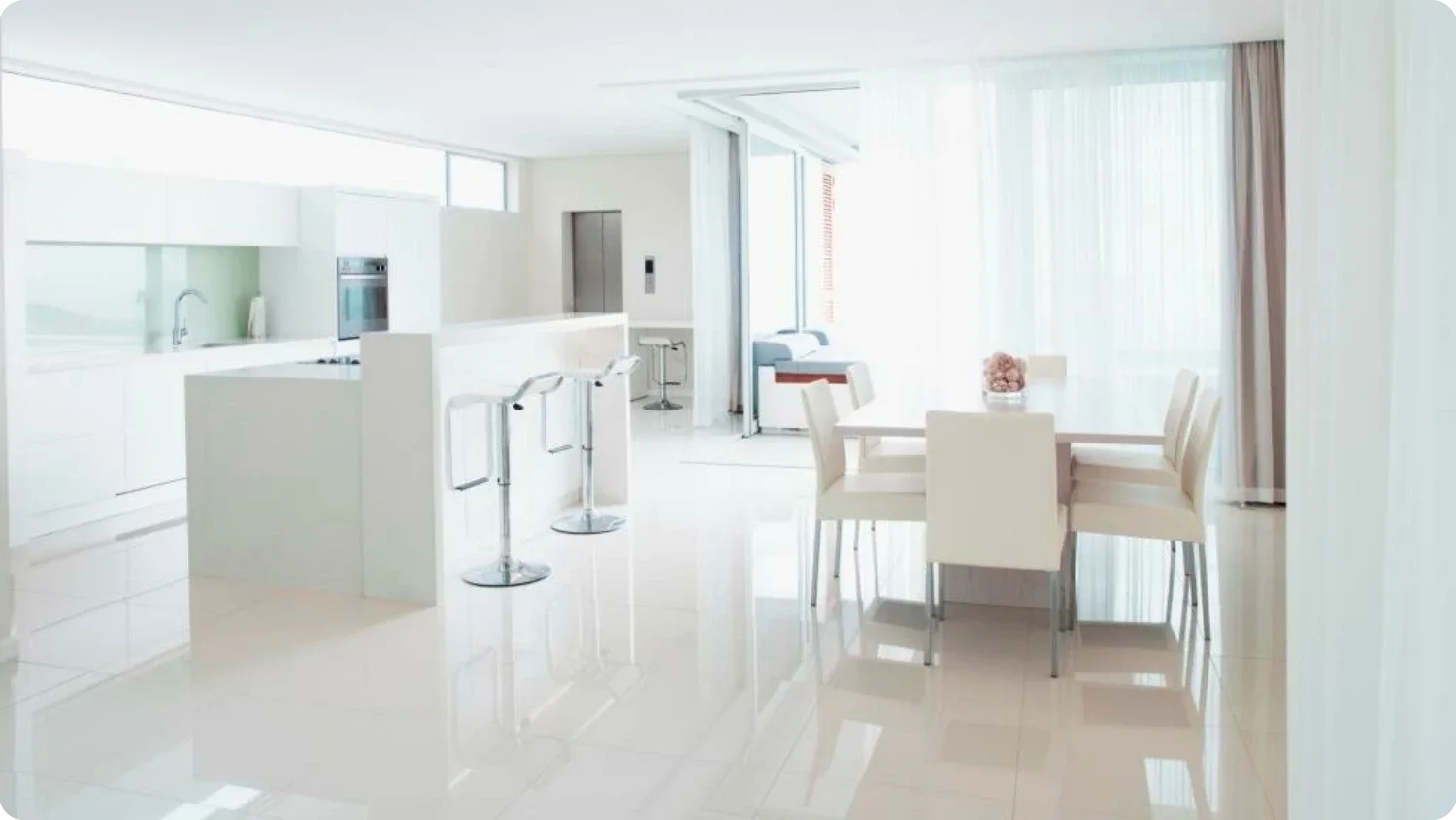Ant Invasions In Your Home: Everything You Need to Know
Ants are industrious, resourceful, and when they invade your home, remarkably persistent. Even when you live in a highly urbanised city such as London, they can easily find their way in.
Understanding their behaviour and implementing simple strategies can help you keep them at bay and maintain a calm, ordered living space.
Understanding the Invaders
In the UK, there are several ant species which are most commonly encountered indoors:
Black Garden Ant (Lasius niger): Frequently found in gardens, these ants are enticed indoors by sweet food.
Pharaoh Ant (Monomorium pharaonis): Preferring warm indoor environments, they can establish multiple colonies within a building, making eradication more complex.
Ghost Ant (Tapinoma melanocephalum): Tiny and pale, these ants are drawn to moisture and sugary substances, often establishing themselves in kitchens and bathrooms.
Red Ant (Myrmica rubra): Known for their ability to bite, though skin reactions are generally mild.
When Ants Are Most Active
Ant invasions are typically most prolific from late March to early September.
Warmer temperatures in Spring awaken colonies from winter dormancy, motivating their search for food and shelter.
Peak activity is usually during July and August, marked by the phenomenon known as "Flying Ant Day" - a short, intense mating-in-flight period, often triggered by hot, humid conditions following rain.
It’s not one day as such, but over a few consecutive days winged male and queen ants emerge at the same time from different nests to mate mid-air and ensure genetic diversity. This phenomenon is known as a ‘nuptial flight’. After mating, the males die, and fertilised queens land to start new colonies.
Milder winters and earlier warm spells can extend their mating season, particularly for indoor-nesting species that thrive in consistently warm environments.
Why Ants Invade
Ants are enticed indoors by:
Food Sources: Crumbs, sugary liquid spills or crumbs. Uncovered food attracts foraging ants.
Moisture: Leaky pipes and damp areas provide cool hydration ant colonies need.
Entry Points: Cracks in walls, gaps around windows, and open doors offer easy access.
Shelter: from extremes of temperature outside.
Do Ants Pose a Risk?
For most UK homes, ants are an annoyance rather than a danger:
Biting: Red ants can bite, causing mild irritation or swelling, though severe reactions are rare.
Health Concerns: Ants can travel across bins, pet areas and other unhygienic surfaces, raising the risk of low-level food contamination.
Hygiene Risks: Pharaoh ants in particular are a concern in healthcare environments (such as Care Homes) due to their potential to spread pathogens such as Salmonella - though domestic risk remains minimal.
Property Impact: While ants do not damage structures, garden ants can undermine patios or paths by displacing sand underneath and creating unsightly soil deposits.
Preventative Measures
To deter ants:
Maintain Cleanliness: Regularly wipe down surfaces, seal food in airtight containers, and promptly address spills.
Seal Entry Points: Use caulk or sealant to close gaps and cracks at low level in your home’s exterior.
Manage Moisture: Repair leaks promptly and ensure good ventilation in damp-prone areas.
Natural Deterrents:
Natural yet effective household repellents include:
White Vinegar: A mix of equal parts vinegar and water sprayed in key areas disrupts ant scent trails.
Lemon Peels: The strong citrus scent acts as a deterrent; position peels near suspected entry points.
Essential Oils: Peppermint, tea tree, or citrus oils, diluted and lightly sprayed on surfaces, can create invisible barriers.
When to Find Professional Help
If infestations persist despite your best efforts, it’s time to bring in a professional. Pest control experts can identify the species, locate nests, and apply targeted treatments safely and unobtrusively - taking any pets at the house into account.
If you’ve tried everything and/or you’re out of time, Consider it Done is standing by to bring in expert services to take care of the problem at clients’ homes.
Found this useful? Receive our unique month by month clickable House & Home calendar for more pro advice and inspired time saving ideas to help run your house and home smoothly in 2025. Sign up here


